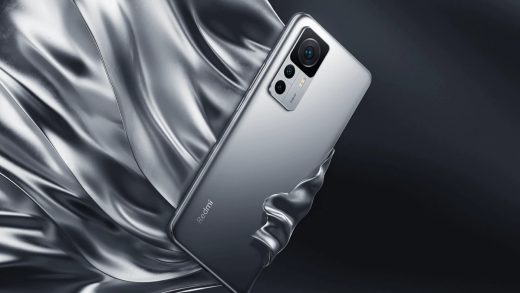
CoinDCX, which claims to cater to 1.3 crore crypto users in India, expanded its services portfolio last year to include a self-custody crypto wallet named Okto. The Indian crypto exchange, after having accessed the recently highlighted security loopholes in the crypto ecosystem, is now deploying safety updates to its Okto platform. CoinDCX has loaded up its new safety features with artificial intelligence (AI) technology. The company felt that existing security measures must be finetuned, especially after 2022 being the worst year on record for cryptocurrency heists, with hackers managing to steal as much as $3.8 billion (nearly Rs. 31,100 crore) despite safeguards.
CoinDCX on Tuesday, May 23, claimed that Okto has been integrated with an advanced cognitive AI technology, making it the first ever self-custody wallet infused with AI. In addition, the Okto team has also deployed machine learning (ML) to analyse and monitor patterns in usual and unusual crypto transactions.
This layering will enable continuous login authentication as well as real-time monitoring of all transactions. In addition, the AI will play a vital role in detecting and identifying any suspicious transactions being facilitated to or via the Okto wallet.
In conversation with Gadgets 360, Vivek Gupta, the Chief Technology Officer (CTO) of CoinDCX, said this update to Okto will provide “unparalleled protection” against phishing scams, account takeovers, and malware attacks.
“This proactive security check process acts as a formidable barrier against fraudulent activities. This state-of-the-art security solution leverages artificial intelligence and machine learning techniques to verify a user’s identity based on their behavioural and cognitive patterns,” Gupta explained.
It is, however, noteworthy, that AI and ML on Okto will analyse how users interact with their devices, applications, and websites, which could raise privacy concerns. A response on the same remains awaited from the company.
The frenzy around self-custodial crypto wallets heightened last year, when wallet providers and exchanges like FTX collapsed, putting people’s finances at risk.
With self-custodial wallets, users are not reliant on any crypto exchange or wallet provider to save their private keys in their systems, making them vulnerable target for hackers or victims of liquidity crunches.
In November last year, crypto leaders and whales like Binance CEO Changpeng Zhao and Michael Saylor hailed self-custodial wallets for storing valuable digital assets.
Self custody is a fundamental human right.
You are free to do it at any time.
Just make sure you do do it right.
Recommend start with small amounts to learn the tech/tools first.
Mistakes here can be very costly.
Stay #SAFU— CZ :large_orange_diamond: Binance (@cz_binance) November 13, 2022
CoinDCX grabbed the opportunity to launch a self-custodial wallet last year in August. At the time, the company had released Okto as a mobile app that would offer a keyless, self-custodial wallet service backed by several layers of security, as well as native access to more than a hundred decentralised apps ranging across DeFi, NFTs, synthetics, and cross-chain bridges, among others.
The new AI and ML features on Okto, Gupta says, is a step towards evolving the wallet, along with other upcoming technologies.
“Conventionally, hardware wallets were considered as a safe option. But with technology evolving, we would see enhanced and innovative security features. On Okto, we have added the multi-party computation (MPC) technology to ensure that private keys used to access and control funds are never fully exposed, removing the risk of single point of failure,” he noted.
In 2021, CoinDCX had emerged as the first Indian unicorn (valued over a billion dollars) in the cryptocurrency space. It recently closed $135 million (roughly Rs. 1,044 crore) Series D funding round led by Pantera and Steadview. Previously, the company has bagged investments of over $100 million (roughly Rs. 760 crore) with Coinbase Ventures and Facebook co-founder Eduardo Saverin as its investors.


